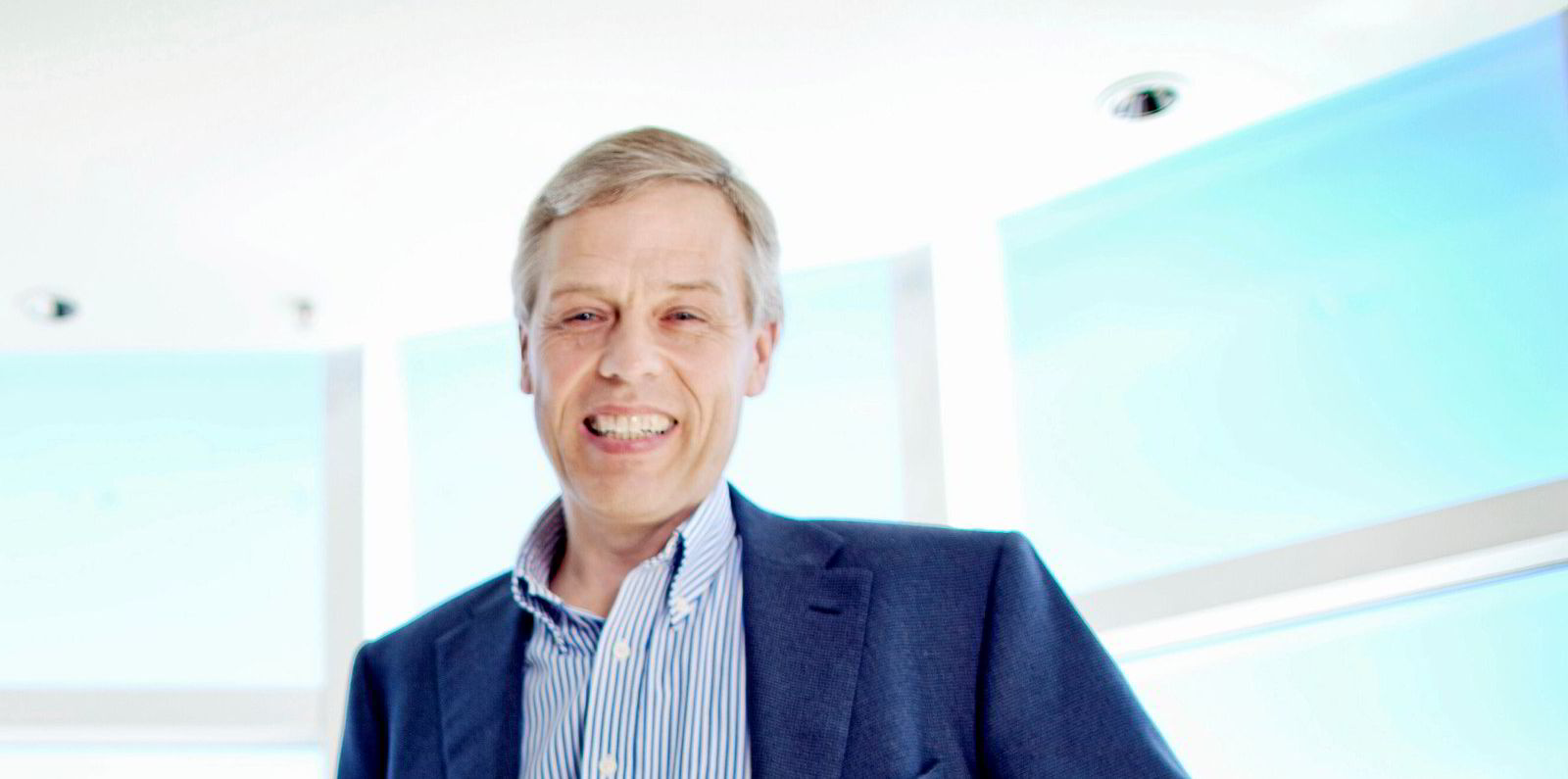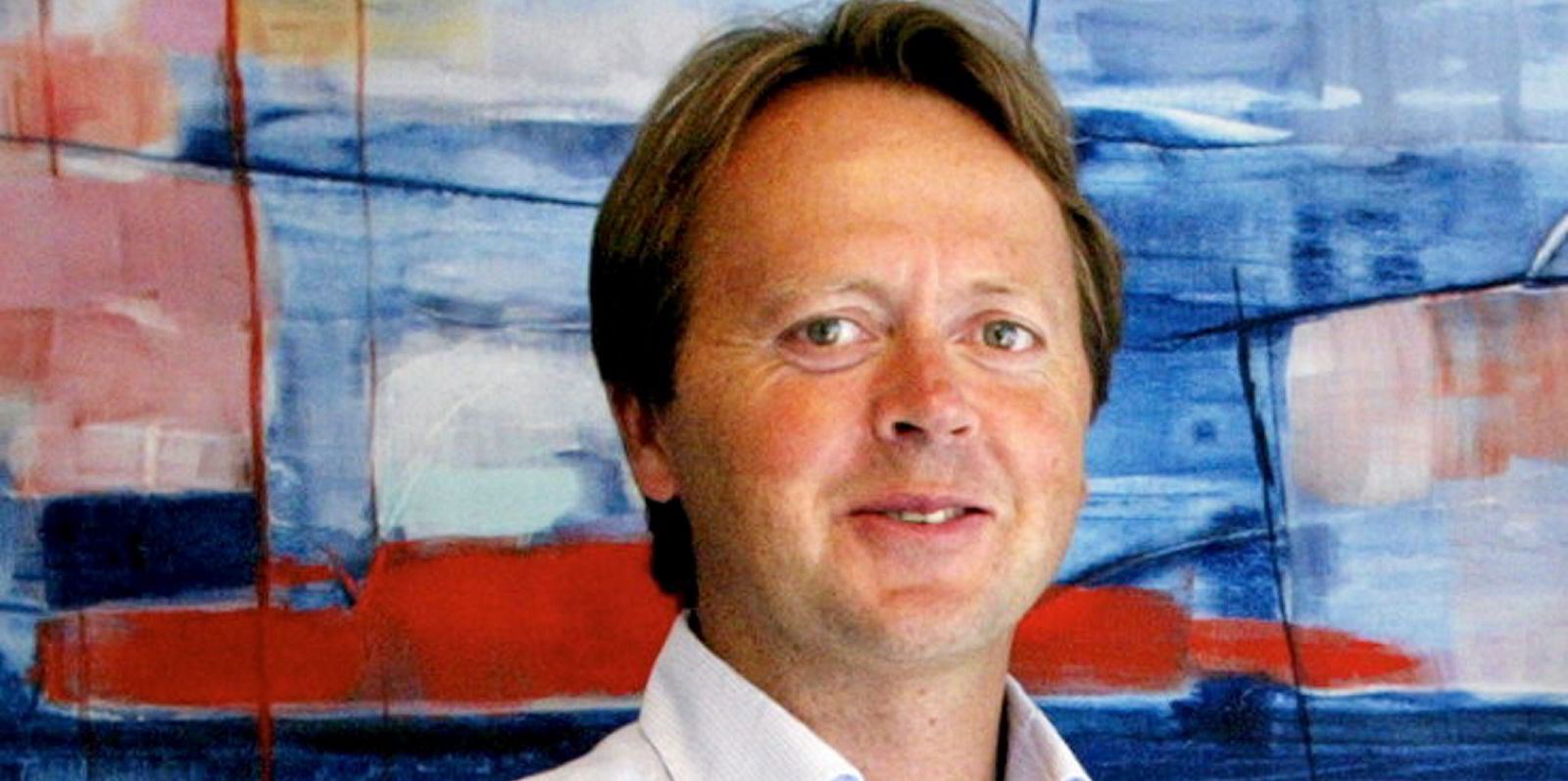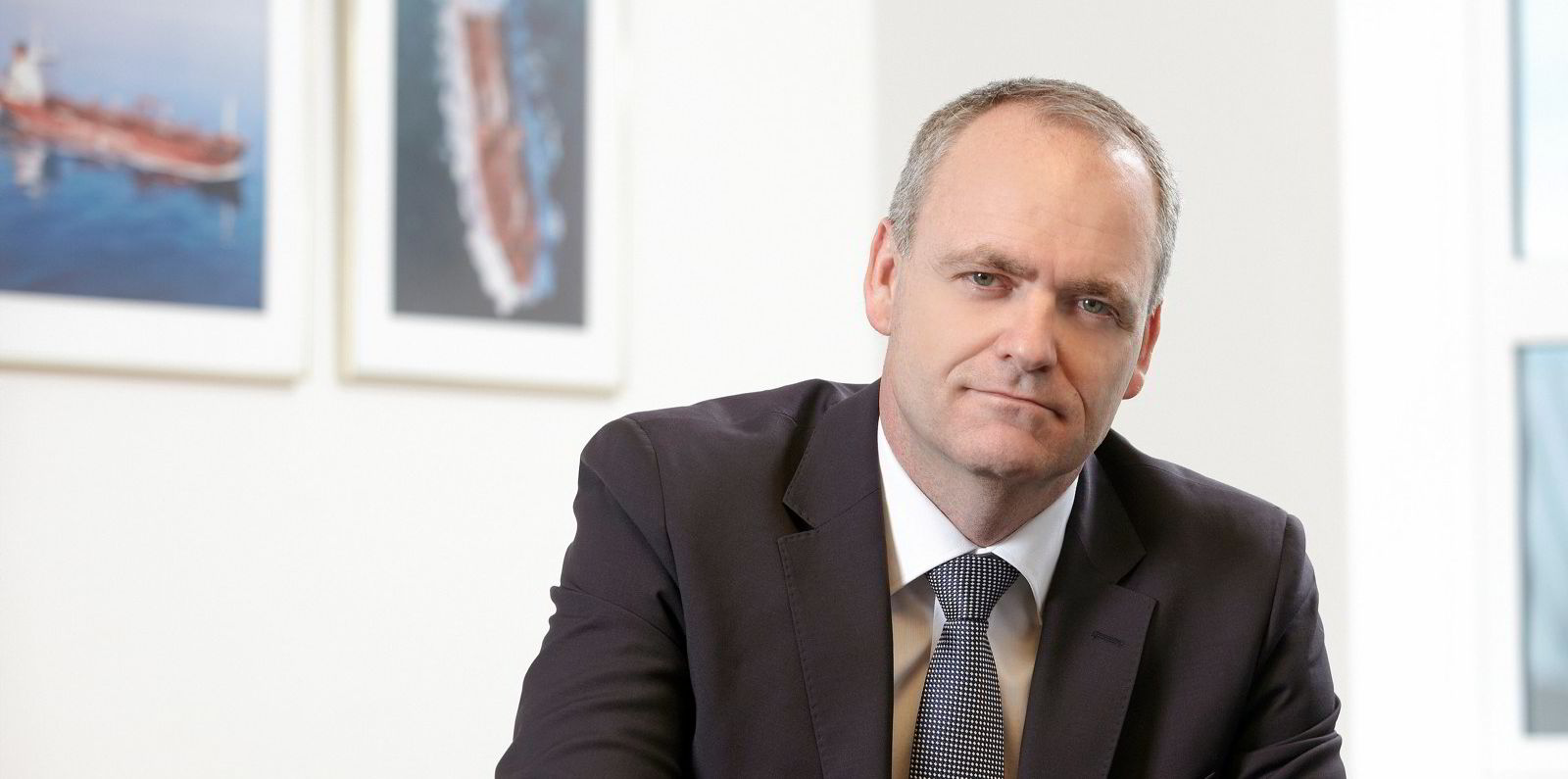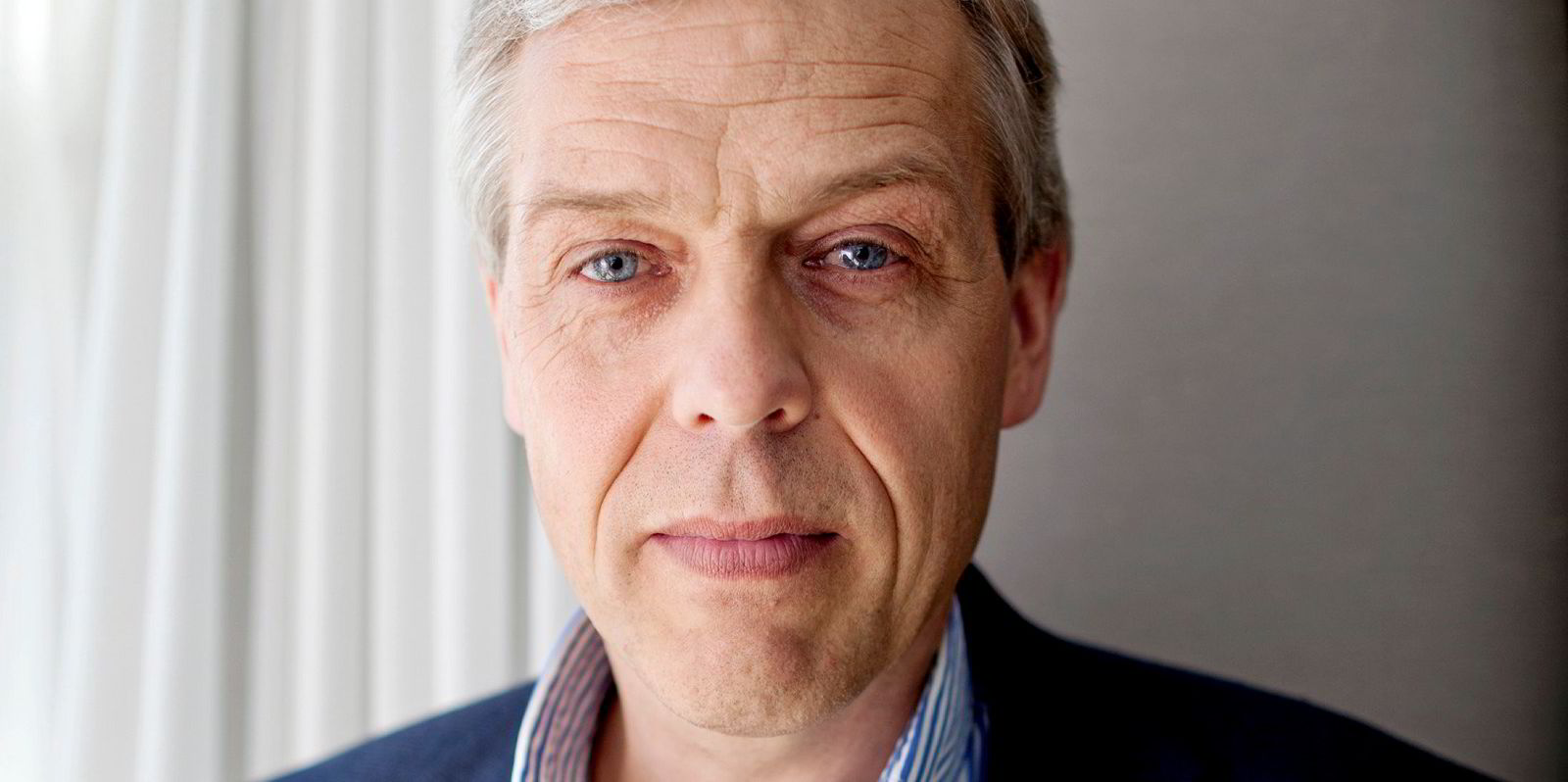Norwegian owner Ocean Yield is reconsidering the level of debt involved in adding to its fleet as ship prices rise.
Bulkers and boxships have seen asset values jump in hot markets, with a 4,500-teu panamax built in 2011 increasing from $19m to $60m this year.
The Oslo-listed company's chief executive Lars Solbakken told a conference call with analysts that leverage is being examined when new investments are considered.
"When vessel values are high, we need to reduce the leverage that we are actually financing," he said.
"So if typically the average market is doing 90% leverage we may consider to reduce that level ... if we have particularly high values," the CEO added.
Solbakken said the company's primary focus is on tankers, dry bulk and container vessels.
"We are also looking at projects in other segments, but those three segments are the main focus," he added.
Chinese competition
The CEO has noted a lower volumes of financing deals both for banks and leasing providers so far in 2021.
"We see the Chinese are very competitive with the large container vessels," he said. "We expect that the market will return to more normal volumes going forward."
Ocean Yield is still trying to solve the problem of its 214,266-cbm floating production storage and offloading vessel (FPSO) Dhirubhai-1 (built 1979), which has been idle since the end of a Reliance charter in India in 2018.
Solbakken said disposal discussions are continuing.
"The sales process with such a unit is very time consuming as interested parties need to do extensive technical evaluations and a sale is normally dependent on final investment initiation for development of the field it is intended to be used [for]," he said.
"For some of the interested parties financing is also challenging," the CEO admitted.
The FPSO is still laid up in Sri Lanka and generated a net loss of $1.2m in the second quarter.
Recycling an option?
The scrap value is about $19m, Solbakken told the call.
"There is no firm deadline, but we will of course try to reach a conclusion as soon as possible here and hopefully not in too distant future," he added.
The CEO also said there were "somewhat improved earnings" from its two anchor-handling tug supply (AHTS) vessels on variable rate charters to Solstad Offshore of Norway.
"The earnings are however still at a very low level," he added.
Ocean Yield's oil services segment has been reduced to only 10% of the charter backlog and also consists of two platform supply vessels on charter to Aker BP and a subsea support ship chartered to Akastor and Aker Solutions, with a sub-charter to Brazilian oil major Petrobras.







